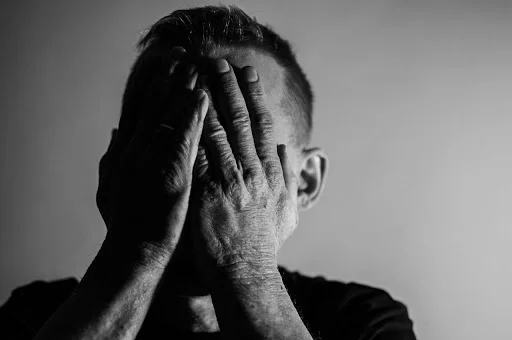Why You Shouldn't Mix Prescription Drugs With Alcohol
/Prescription drug abuse is a severe and growing epidemic in the United States. According to a survey by the Substance Abuse and Mental Health Services Administration, almost half of American adults take prescription painkillers, tranquilizers, sedatives, or stimulants. Many of these medications are highly addictive, and when not taken as directed, they can often lead to drug abuse and dependency. Misusing prescription drugs is extremely risky, both for your short-term health and your long-term happiness – but mixing them with alcohol can be deadly.
What prescription drugs and alcohol do to your body
Many prescription drugs come with a warning label on the bottle that says, “Do not drink alcoholic beverages when taking this medication.” For some medications, this could mean that alcohol worsens existing side effects, such as nausea, headaches, or drowsiness, or reduces the efficacy of the treatment. But for other drugs, particularly those that work to alter brain function, such as opioids, alcohol can put your entire central nervous system in serious danger.
Alcohol is a depressant, which means it slows down your brain activity, impairing your judgment and reducing inhibitions. Combining it with another nervous system depressant, such as Xanax, Valium, or OxyContin, can compound the effects. This can suppress vital brain functions that control breathing or heart rate, leaving you vulnerable to oxygen deprivation or brain damage.
On the other hand, drinking alcohol while taking a nervous system stimulant, such as Adderall or Ritalin, gives your brain mixed signals, making it hard for you to control your emotions or make smart choices. Additionally, the stimulating effects of the drugs reduce the feelings of alcohol intoxication, making it more likely that you’ll drink more than your body can safely handle.
The risks of mixing prescription drugs with alcohol
According to the National Institute on Drug Abuse, there are over 300,000 emergency room visits per year due to mixing prescription drugs with alcohol. Drinking alcohol while taking prescription drugs increases your risks of serious accidents, injuries, or overdose.
Aside from immediate dangers, chronic mixing of prescription drugs and alcohol over a long period of time can cause lasting changes to your body, including:
Liver and kidney damage
Heart problems
Gastrointestinal diseases
Increased risk of infections
Breathing difficulties
Psychosis
Depression
This risk is greater for women, who generally have a lower tolerance for alcohol and are therefore more susceptible to complications.
How to prevent alcohol and drug interactions
Even if you’re taking prescription drugs as prescribed by your doctor, you should always read the warning labels, and avoid drinking alcohol if there is a known interaction. Talk to your doctor or pharmacist about the side effects of your medication, so you know what to expect while you’re taking it – and be honest about your alcohol consumption before your doctor writes you a prescription.
If you’re abusing prescription drugs by taking medication that isn’t prescribed for you, or taking a larger dosage than you’ve been prescribed, it’s crucial to avoid alcohol consumption – but it’s even more important for you to stop abusing drugs. Seek help for your addiction so you can eliminate your dependence on prescription drugs and go on to live a healthy, satisfying life.
Overcome problem drinking at The Pearson Center for Alcoholism & Addiction Research
For those struggling with alcoholism, getting your alcohol consumption under control is a tremendous challenge. If you’re finding it difficult to stop drinking, The Pearson Center for Alcoholism and Addiction Research may be able to help. Our treatment research study focuses on finding solutions to control alcohol cravings while helping you get sober.
To find out if you qualify to participate in our alcohol treatment study, call us at (858) 784-7867 today.












